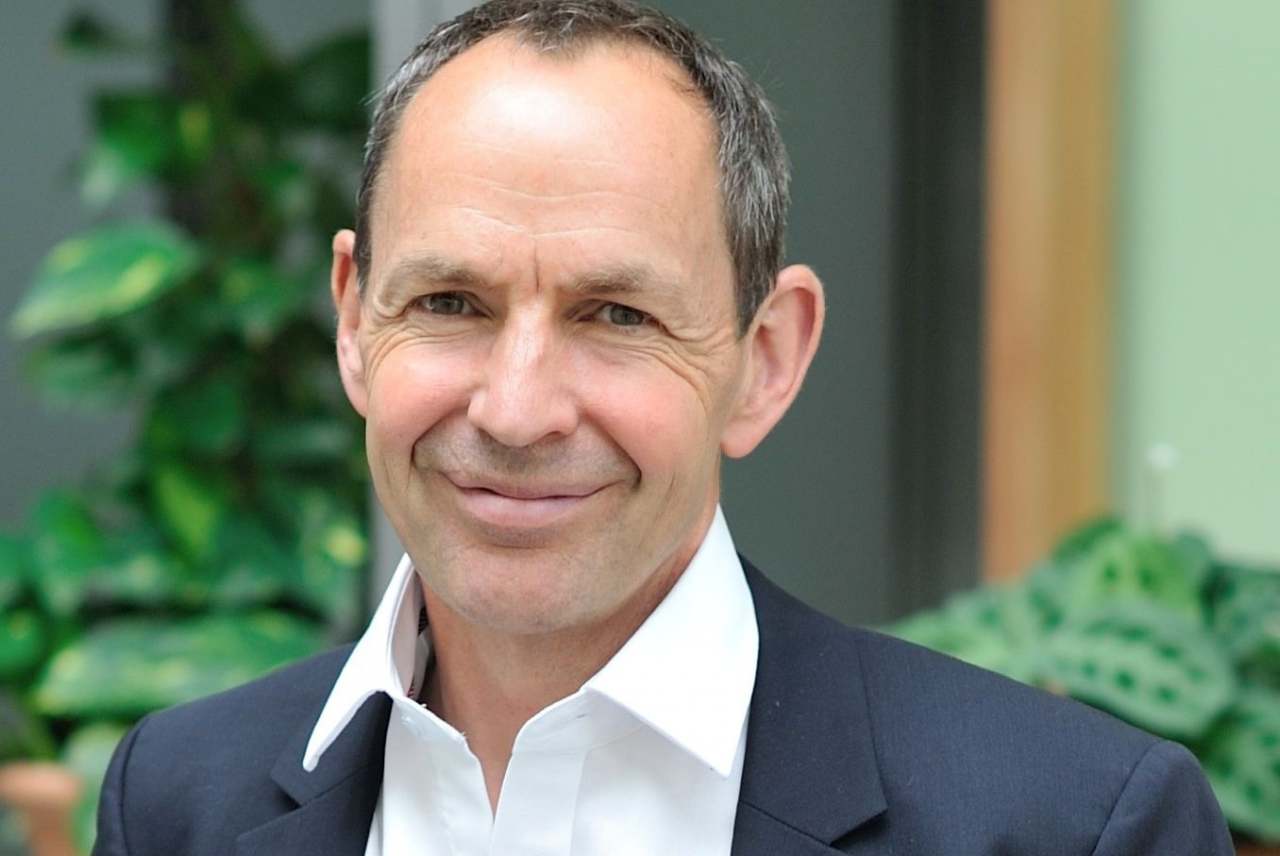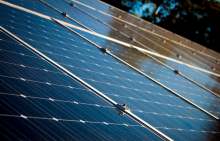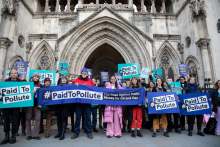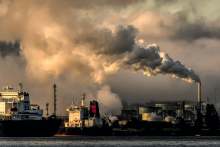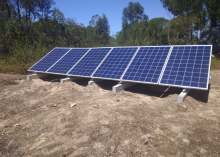People are starting to adapt their consumer behaviour. For example, more people than ever seem to have grasped that plastic is an issue, or are buying vegan and changing banks and energy suppliers. What other behaviours would we ideally see immediate action on? How does one get to carbon zero?
Mike B-L: How Bad are Bananas has just had it’s ten year update. One of the parts of it that’s new is a ‘What can we do?’ section where I talk through all of this.
There’s a diagram in there: one side asks ‘How can I cut my carbon?’, but even bigger than that is ‘How can I exert my influence in every other way that’s possible?’, as we’ve talked about already.
I’ll walk us around the pie chart for the average person’s UK footprint. It says eat less meat and dairy, eat more plant-based foods, and make sure our food hasn’t been on an aeroplane.
In terms of travel, there's driving less, making sure that when we do it’s electrified, driving carefully, (which makes a bigger difference than people think), getting on bikes or public transport, or walking. We have to fly less. It doesn’t have to be nothing, but we have to fly only for really really good reasons.
Then there’s all the stuff that we buy. Every time we spend money, whether it’s on our energy provider or a pair of trousers, it’s just thinking: could this product be bought second hand? Do I need it in the first place? Could I just mend something that I’ve already got? If I do buy something new, what do I know about the supply chains that lie behind it and can I trust them, or feel good about them?
Then finally of course, there’s all your home energy stuff, trying to improve our leaky energy-hungry homes.
This is what the typical UK person’s footprint’s like. So based on that, make a sketch of how you think your footprint might be different.
If you’re someone who flies a lot, expand that section; and if you never fly, knock it out. Change the shape of the pie chart to fit you. Once you understand that, you’ve got a map of where your big hotspots are and the things that you personally should be thinking about the most.
Then think about the way you want to cut your footprint. Some people will be saying, ‘I really want to save money’. Well that’s great, there are lots of ways people can save money while cutting their carbon.
There are other things we can do that are really expensive, like investing in lots of kinds of home improvements for example.
Some people want to cut their carbon but not spend any time doing it. Some people want to have an interesting project, make cutting carbon a fun project to get involved in.
Go into doing it in a way that makes your life better.
